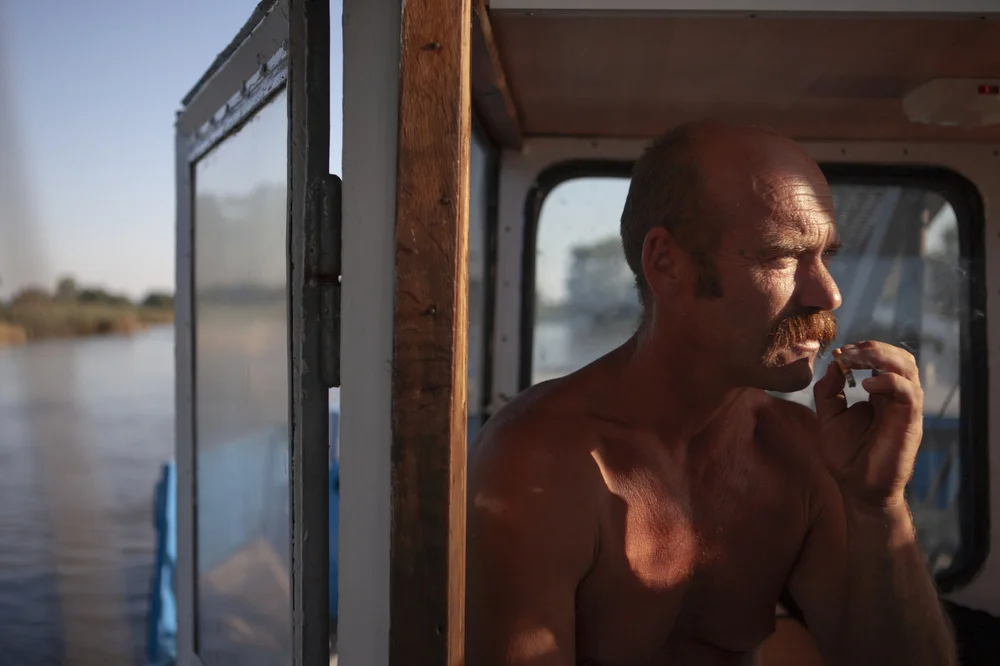In Kenya, the retirement age is 55, but very few people abide by that, says 75-year-old Olola Oneko, an obstetrician, gynecologist, and community builder who has returned to live in his home village in western Kenya after decades of globe-trotting. "Only government jobs provide a pension. And sometimes, it's not even worth going to town to collect the monthly pension since, by the time you pay for transport, you are left with so little."
Retirement support remains a systemic issue in Kenya, since it's common for middle-aged individuals to have young children to support. From the front porch of his village home, the atmosphere is a picture of serenity: Sheep and cows nibble the fields, the shamba (garden) supplies the beans, maize, and other produce he and his family need. In total, six of Oneko's eleven siblings have built houses here in Rageng'ni, a mere skip away from the shores of Lake Victoria. "Most Kenyans continue working past 55," Oneko tells me. "Those who are farmers will continue growing maize."
In 1967, at age 18, he moved to Germany without knowing a single word of the language to study obstetrics and gynecology. There, he married Tina, a pediatrician, and started a family. In 1989—the year the Berlin Wall fell—tired of Europe, they moved to Zimbabwe when their girls were 4 and 6. Oneko yearned to return to the African continent. "It was too far away from home," Oneko recalls. "It's nice just being a bus ride away from family."
Why did you retire or why are you still working?
Why did you retire?
Why are you still working?
Scaling back from work was a gradual process for me—around 65, I started to decline night duties. I needed to reduce it slowly.
As I was paring down my surgery load, I delved into my interest in oncology, specifically cervical cancer prevention. I helped develop a screening method, the VIA test (visual inspection with acetic acid), in collaboration with Duke University and the WHO in Moshi. It needs to be simple enough that developing countries can use it everywhere, even nurses. Along the way, I also contributed to the development of a simple type of colposcope—the pocket colposcope.
Since moving back to Rageng’ni, I’ve been tuned into the needs and ideas of my community. I’ve thrown myself into facilitating their education by building a dormitory and beginning construction of a maternity ward, so ladies in labor don’t have to walk another 5km to give birth. I am also working on upgrading the local dispensary.















































































.svg)






